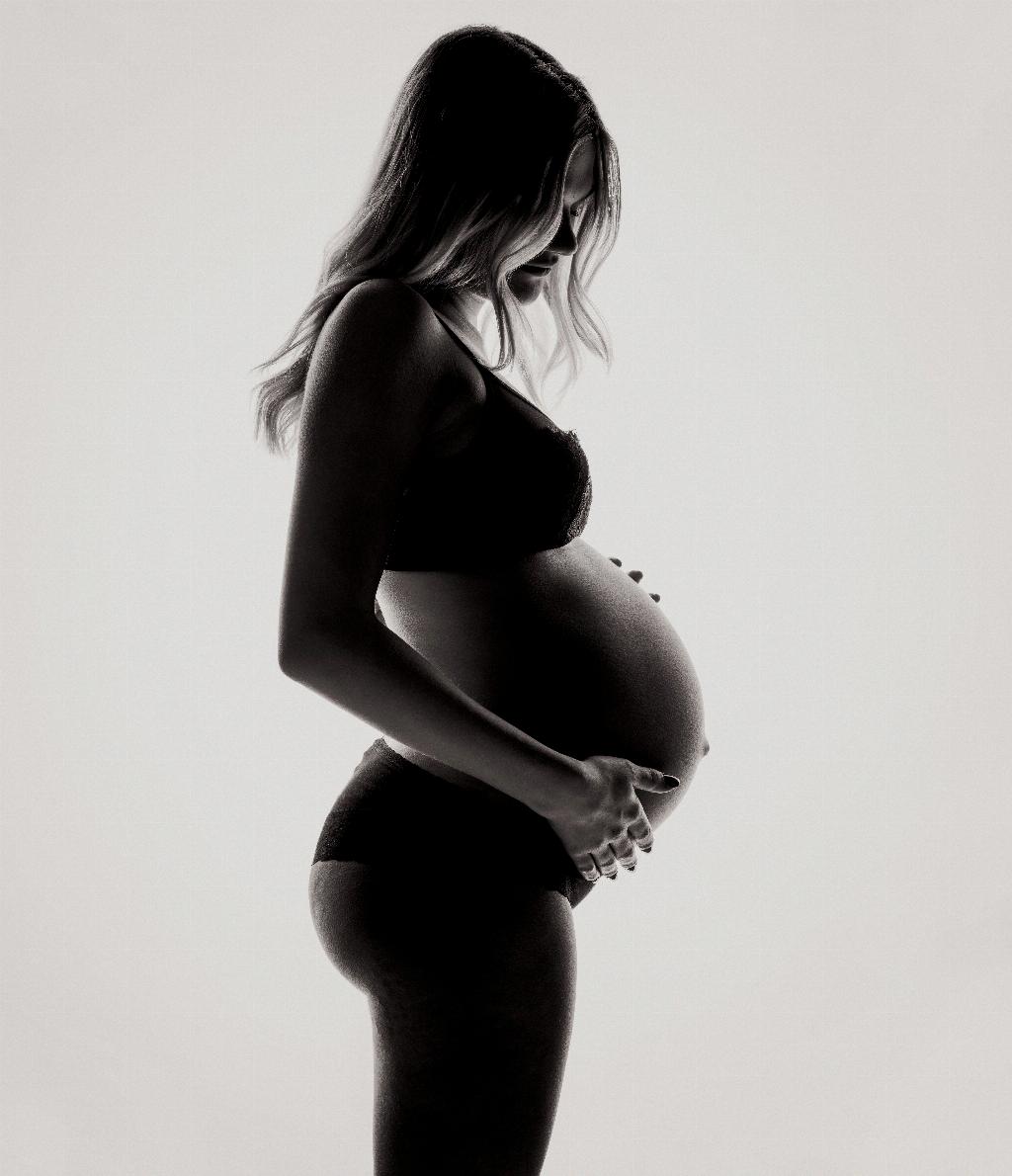When it comes to coding for molar pregnancy, the specifics are crucial to ensure accurate medical documentation and billing. In the realm of medical coding, molar pregnancy is categorized under the ICD-10 code O02.0. This specific code is vital for distinguishing molar pregnancies from other types of pregnancies for proper identification in medical records.
Within the ICD-10 Index, the term “molar pregnancy” directly corresponds to the code O02.0. This index serves as a comprehensive resource for healthcare providers and coders to quickly pinpoint the appropriate code for the diagnosis of molar pregnancies. By referencing the index, medical professionals can streamline the coding process and avoid errors.
It is noteworthy to mention that the ICD-10 code O02.0 specifically pertains to molar pregnancies without indicating any associated complications. This distinction is essential in coding practices to accurately capture the primary diagnosis of a molar pregnancy without complicating factors that might require additional coding or documentation.
On the procedural coding side, the CPT code 59870 is pertinent to hydatidiform moles, which are a type of molar pregnancy. While molar pregnancies fall under the broader category of gestational trophoblastic disease, the CPT code 59870 specifically addresses the removal of hydatidiform moles through procedures such as dilation and curettage.
Understanding the nuances of molar pregnancy coding is crucial for healthcare providers, coders, and billers to ensure accurate documentation and billing practices. By utilizing the designated ICD-10 code O02.0 for molar pregnancies and the CPT code 59870 for hydatidiform moles, medical professionals can effectively communicate and process information related to these specific medical conditions.
It is important to note that accurate coding for molar pregnancies not only facilitates proper medical billing but also enhances data analysis for research and epidemiological purposes. The use of standardized codes such as O02.0 and 59870 allows for consistency in reporting molar pregnancy cases across various healthcare settings.
Healthcare providers play a critical role in ensuring that molar pregnancies are coded correctly to support quality patient care and administrative processes. By accurately documenting molar pregnancy diagnoses and procedures using the designated ICD-10 and CPT codes, healthcare teams can enhance communication and decision-making within the medical setting.
Moreover, accurate molar pregnancy coding is essential for monitoring and tracking the prevalence of these unique pregnancy conditions within populations. Researchers and healthcare organizations rely on consistent and precise coding practices to analyze trends, outcomes, and treatment protocols related to molar pregnancies over time.
Medical coders and billers are instrumental in translating complex medical information, such as molar pregnancy diagnoses, into standardized codes that drive healthcare operations and financial processes. Their expertise in assigning the correct ICD-10 and CPT codes ensures that molar pregnancy cases are accurately documented and billed for reimbursement.
As advancements in healthcare continue to evolve, maintaining up-to-date knowledge of coding guidelines and conventions for molar pregnancies is essential for medical professionals. Staying informed about any revisions or updates to coding frameworks can enhance the accuracy and efficiency of documenting and managing molar pregnancy cases.
In conclusion, the coding for molar pregnancies, as outlined by the ICD-10 code O02.0 and CPT code 59870, plays a significant role in capturing the unique characteristics and treatments associated with these complex pregnancy conditions. By adhering to standardized coding practices and guidelines, healthcare providers can effectively address molar pregnancies in clinical settings and contribute to improved patient care outcomes.

